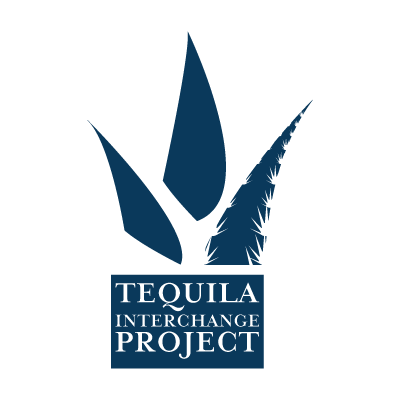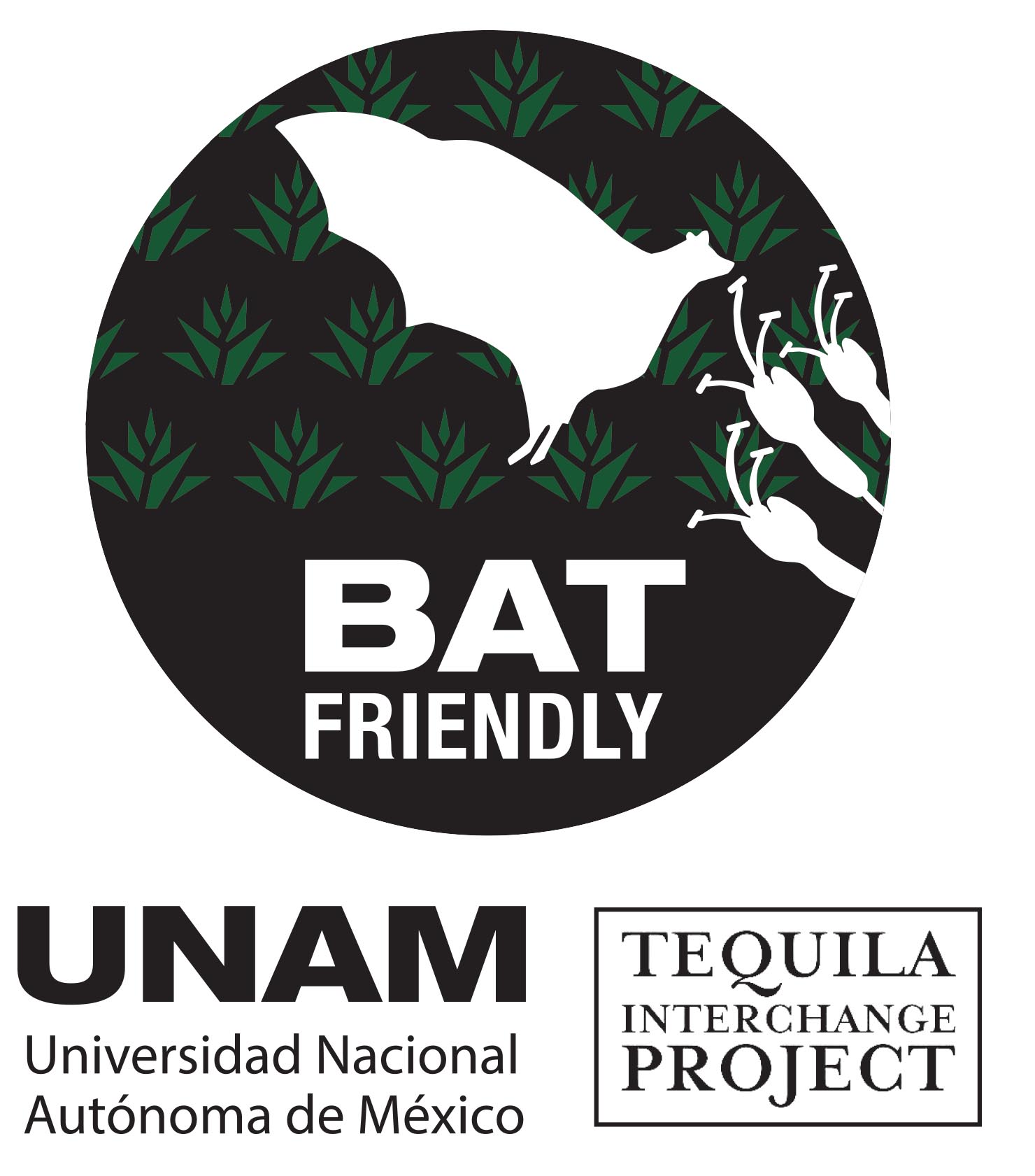Letter of Protest from José de Jesús Hernández López, CIESAS Occidente
ÓJanuary 17, 2016
La Piedad, Michoacán
Mr. Mario Emilio Gutiérrez Caballero
Director, National Commission for Regulatory Improvements
Dear Sir,
The undersigned wish to declare our opposition to the PROYECTO DE NORMA OFICIAL MEXICANA PROY-NOM-199_SCFI-2015, BEBIDAS ALCOHÓLICAS-DENOMINACIÓN-ESPECIFICACIONES FISICOQUÍMICAS, INFORMACIÓN COMERCIAL Y MÉTODOS DE PRUEBA since a number of the points are unclear both in their written form as well as in the underlying motive that inspires them. The points are exclusionary and are a threat to the economic, bio and sociocultural heritage of many agave producers. Furthermore, these points violate agave producers’ rights and condemn them to extinction.
The document states that the PROYECTO is proposed in order to “limit misleading commercialization” of alcoholic beverages marketed in Mexico “with the goal of eliminating imminent damage to consumers’ economic status” and “eliminating consumer confusion by providing truthful, verifiable information about the products that they acquire.” But this proposal does not achieve these goals and in fact creates confusion.
Four years ago, in relation to PRYO-NOM-006, in which Tequila was defined without differentiating between 100% and 51-49%, it was proposed that in order to be in agreement with the spirit of the worldwide Designations of Origin (DO), “Tequila” should be defined as a drink that is obtained through the distillation of mosts extracted exclusively from the Agave tequilana blue Weber variety, to which no other sugars are added. That is to say, only the drink made from 100% of that agave should be protected by the Tequila Designation of Origin, and “tequila-ron” should not be included.
In that sense, if this PROY-NOM-199-SCFI-2015 is supposed to provide true information and avoid confusion “in order to prevent imminent economic damage” to consumers (as reiterated in number 1, section I of the MIR discussed here) it is important that the proposal be written clearly and that the content be exact in order to avoid insinuations and misunderstandings. The document proposes a scenario in which all beverages that are not Tequila, Tequila100% for example, are considered to be adulterated beverages that confuse consumers and the document seems to assume that the definition offered here of these beverages does not lend itself to confusion nor include in some cases elements that lead to the deception of consumers. In spite of the problems listed in the PROYECTO, no drink is exempt and furthermore, the proposed opposition of “Distillations with DO versus all other distillations” does not go to the root of those problems.
Here are a few examples:
–In section 7 number 7.2.10 of the PROYECTO, COMITECO is defined as an alcoholic beverage obtained from maguey, and it is never mentioned that “maquey” is a synonym for “agave” or “mescal”, thus giving the impression that the word agave is reserved for beverages with Designations of Origin.
–In section 7, number 7.2.19 Raicilla is also defined as a beverage obtained from maguey and further specified as being produced in Jalisco and Nayarit. Yet there is no evidence that it is distilled in Nayarit; there is only proof that it is produced in some municipalities in the state of Jalisco.
–In number 7.2.1 in the same PROYECTO, KOMIL is defined as an alcoholic beverage produced outside the Designations of Origin which uses as its primary material some agave. It is true that in the náhuatle language, the word “Komil” [pronounced cómil], “comil” [cómil] or “comilli” [comíli] refers to an “alcoholic beverage” or an “intoxicating beverage”, nevertheless, what is not clear is what kind of alcohol is referred to by this word? What is its origin? Is it a fermented or distilled beverage? The word “komil” [cómil] is not widely used, has no social representations related to it, nor does evidence exist that this term has been used by any human group in the last few centuries to refer to some cultural practice. That is to say, it is not a commonly used word nor does it represent or form part of the cultural patrimony or the linguistic heritage of any group.
As a consequence, the cost of positioning a brand with that vague word will have to be borne by artisans who have been working on a daily basis, and in many cases with deep historical roots, to keep the knowledge of how to produce their respective beverages alive…beverages that are noble, genuine, traditional artisanal products. The positioning of one term that can cover many distillates has been slow and complicated. It can only be imagined what will happen when the consumer is told that a beverage that is made from agave is not agave, but rather something else.
That is one of the problems that is emerging at this juncture, since it is proposed that distillates that are not tequila, nor mescal, nor bacanora, nor raicilla (all of which receive special treatment) and that therefor do not have a designation of origin nor a collective brand that protects and distinguishes them in the market, will have to change in order to avoid confusing consumers. This is what is proposed by the PROYECTO document.
When terms like Komil are used, the consumer is confused even more due to the ambiguity and confusion that such terms create since it could just as easily refer to a rompope, a tequila, or any other intoxicating drink depending on the interpretation of the word.
We emphasize the following concern: If this PROYECTO goes into effect with this wording, it will make it impossible for producers of, for example, aguardiente de agave, destilado de agave, licor de agave or vino mescal to use the word agave on the label, the packaging of the beverages or in the advertising. They also will not be able to use any photographs of the plant or any image, symbol of or other reference to the plant since this runs the risk of creating ongoing suspicion or confusion that the species represented on the bottle is the Blue Weber variety of agave tequilana.
In effect the PROYECTO excludes, limits, or makes it impossible for alcoholic beverages that are made in the same territories with designations of origin (DO), and at the same time made in other regions without DOs to enter local, regional and national markets since in reality this PROYECTO seeks to force them to NOT use the word agave and to use the word Komil instead.
In addition, there is no evidence that during the process of writing this PROYECTO that these small producers were consulted directly in order to gain their approval for this word substitution which is of primary importance to their product.
Finally, if the beverages that all these producers create are obtained from distilling fermented mosts, from the raw vegetable resource Agave, there is no reason that they should lie by calling it Komil. Each thing should be called by its true name. Scientific names were created specifically to avoid confusion in relation to the identity of unique plants and in order to allow for precise communication about them independent of the variations in local or common names and variations due to different languages being used.
Therefore, we respectfully request that you DO NOT approve this PROYECTO, and that it be re-written with the guaranteed involvement of the previously excluded parties, in particular small producers and academic specialists. The elaboration of Proyectos de Norma Oficial Mexicana should be participatory and representative.
We are all in agreement that these beverages need to be regulated and that there are beverages that are misleading and threaten the health and finances of consumers. That is precisely why we need coherent, detailed, inclusive regulations which are based not only on the economic interests of a few, but also on concrete realities which demonstrate that it is better to vote in favor of the recognition of biocultural diversity than for its elimination.
Sincerely,
Pedro Jimenez Gurria Mezonte
José de Jesús Hernández López. El Colegio de Michoacán A.C./CIESAS Occidente1
1Con licencia de CIESAS



